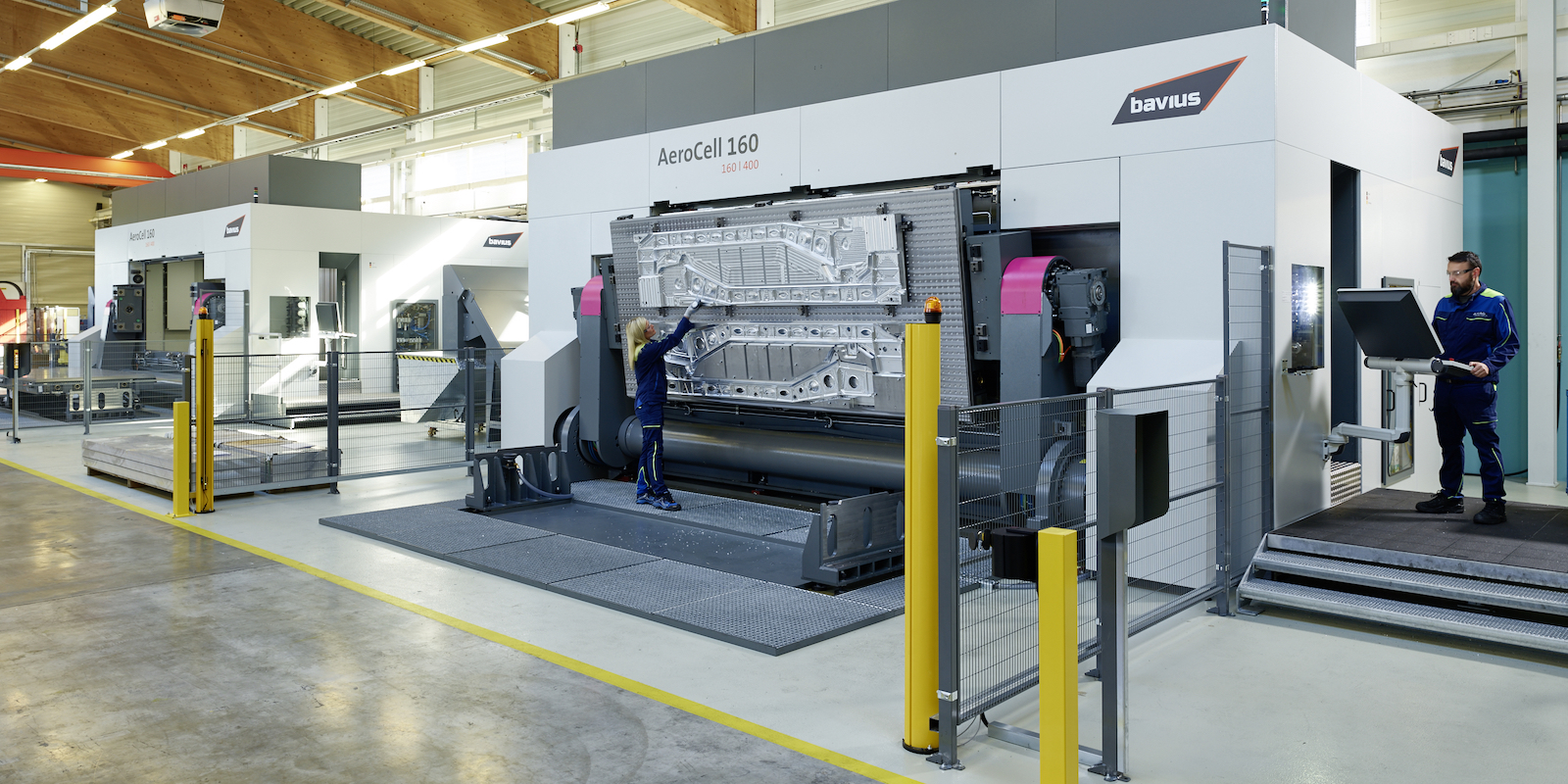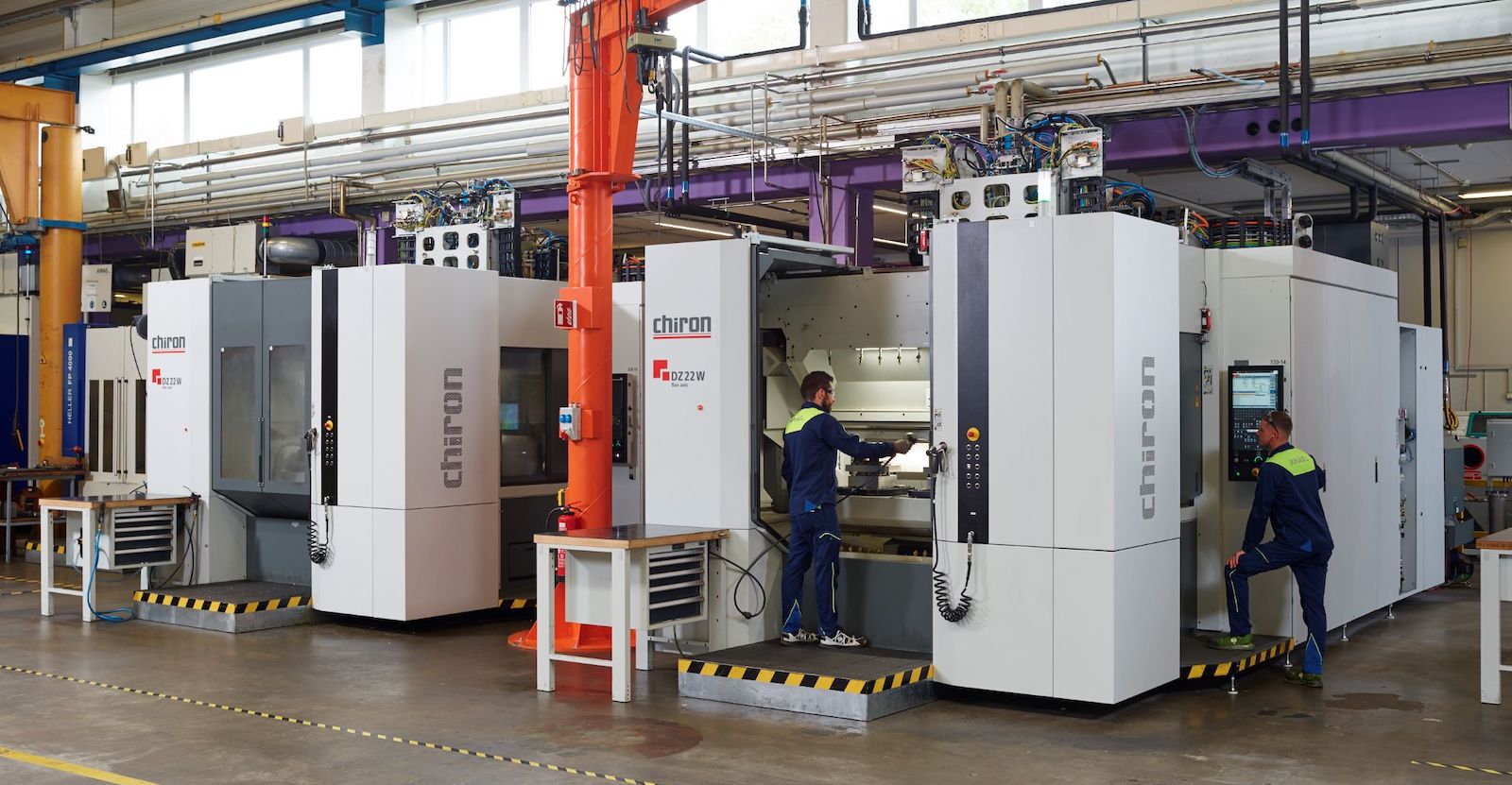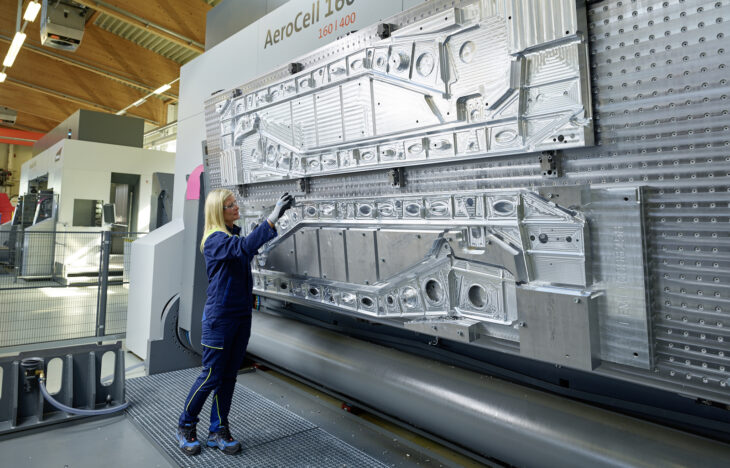AMAG Austria Metall AG, with headquarters in Ranshofen, Austria, completed the integration of state-of-the-art processing facilities at the two sites of its subsidiary AMAG components in Übersee at Chiemsee and Karlsruhe, Germany. With this investment, the company has taken a major step towards growth and increased efficiency in the production of aluminum and titanium components for the aerospace industry.
“With the current investments in our components business, we are consolidating our position as a strategic supplier to the aerospace industry and lay the foundation for further growth in this area.” said Gerald Mayer, CEO of AMAG Austria Metall.
In total, five new machining centers — designed specifically for the machining of components intended for the aerospace industry — were put into operation at the AMAG components facilities. This investment is focused on the machining of large-scale components with a length of up to 4 m and a width of 1.6 m. High quality and reliability as well as the dimensional stability of the components are of particular importance.
The modernization of the AMAG components sites in Übersee at Chiemsee and in Karlsruhe is a key component of AMAG’s strategic master plan and includes investments in infrastructure projects, automation, and new plants, as well as the optimization of the material flow. This will lay the foundations for growth in an expanding market and will increase productivity and efficiency. The new equipment will also help to maintain the company’s “Made in Germany” quality standard as well as reliability and consequently safety in air traffic.
AMAG is able to supply aluminum through its complete value chain — from raw materials (primary aluminum and aluminum scrap) to rolled products (aluminum plate and sheet) through to ready-to-install components. With a sophisticated recycling competence, the aluminum waste (chips and plate cuttings) generated in component production at the German sites is processed into high-quality rolled products at the company’s Ranshofen plant in Austria. As a result, material is processed through a closed loop, valuable raw materials and energy are saved (95% savings compared to primary production), and CO2 emissions are reduced accordingly. AMAG is thereby making a valuable contribution to achieving the sustainability goals of the aviation industry.
“We offer our customers in the aerospace industry a globally unique value chain,” said Mayer. “Through the combination of state-of-the-art machining centers with the sustainable production of the input material based on recycling, we support our customers from the aerospace sector in achieving their sustainability goals.”



